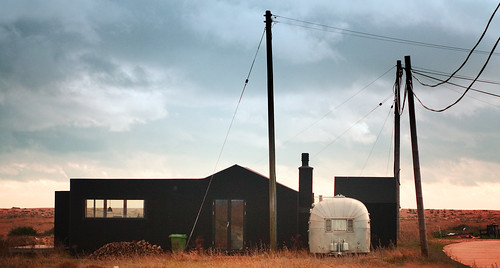The Rubber Barrens
Posted by Big Gav in deforestation, rubber
Reuters report that growing rubber trees for the tire industry is responsible for shrinking Chinese rainforests.
Three decades ago, jungles and high mountain forests covered about 70 percent of Xishuangbanna, tucked between China's borders with Laos and Myanmar. By 2003, that proportion had shrunk to less than 50 percent.
"With rubber prices rising like crazy, any tree that can be cut down has been cut down to make way for rubber," said Liu, a professor at the Xishuangbanna Tropical Botanical Garden, run by the Chinese Academy of Science.
Rainforests have been reduced to patches of protected zones in Xishuangbanna, one of the top rubber producing regions in China, as double-digit economic growth has caused increasing encroachment on China's last remnants of uncultivated land.
The official figure for Yunnan Province's rubber acreage is 334,000 hectares, about 43 percent of the country's total acreage, but the real figure may be much higher.
China consumed 2.35 million tonnes of natural rubber in 2007. About 70 percent of that was imported from abroad, mainly from Thailand, Malaysia and Indonesia, Southeast Asian countries that are also facing deforestation from expanding rubber plantations.
On a more positive note, Grist has a post on sustainable rubber farming (in more ways than one) in the Amazon.
Hard up for ways to preserve the Amazon rainforest, the Brazilian government has announced it's opening a condom factory that will use rubber harvested sustainably from the imperiled rainforest -- no tree-chopping required. The latex will come from the Chico Mendes reserve, named for a well-known Amazon activist gunned down by ranching interests.
Conservationists hope that providing locals economic incentive to leave the forest intact will help slow deforestation. The Brazilian government is also touting the program as a buy-local initiative; the new factory aims to displace about 100 million of the roughly 500 million condoms the country imports annually and distributes for free as part of its initiative to fight HIV/AIDS.






